Relationships are an important part of life and without fulfilling and happy relationships, you can never be completely happy. Loving relationships is what gives life meaning. No matter how much money you earn or how filthy rich you are, what is the point if you do not have anybody to share it with?
However, maintaining relationships can get really challenging sometimes. In every couple’s lives, there comes a phase when they feel like the relationship is doomed or the relationship has run its course.
But, is giving up on your relationship the only solution? What if there is more to your relationship than your problems and you are just going through a rough patch?
Can This Relationship Be Saved?
One of the most frequently asked questions that Linda and I receive is: “How do you know when to call it quits?”
“Being deeply loved by someone gives you strength; loving someone deeply gives you courage.” – Lao-Tzu
A lot of people, it seems, are more concerned about how to get out of a bad relationship than how to create a great one. This focus may actually contribute to the conditions that make relationship breakdowns (and, therefore, break-ups) more likely. While it’s certainly understandable that some couples require pre-nuptial agreements, when their primary focus becomes the possible breakup of their relationship, and not the deepening of their connection, they may be inadvertently contributing to the very outcome they fear may occur.
And yet to deny that every marriage is vulnerable to the many pitfalls that can overwhelm relationships is naïve if not dangerous. One thing we’ve discovered over the years is that no marriage is absolutely divorce-proof. That doesn’t mean that divorce can just come out of nowhere or occur arbitrarily, but rather that any relationship, no matter how solid, can, if neglected, slip into a state in which it is vulnerable to conditions that can cause serious harm.
While it is important to be mindful of the steps that can preserve an endangered relationship, it is, of course, preferable to create the sustained reciprocal connection that makes such an outcome unlikely.
Strengthening shared commitment, and practicing mutual generosity, compassion, honesty, kindness, and respect are all ways of maximizing the likelihood not only of staying together but of experiencing greater fulfillment over time.
“The best thing to hold onto in life is each other.” – Audrey Hepburn
Yet, for a variety of reasons, many of us are unable to practice these skills and embody these qualities consistently. Even when we make our best efforts, there still may be factors that make it difficult or even impossible for us to continue in our attempts to salvage a relationship.
The truth is that not all relationships can or should be saved.
There are such things as “deal breakers,” conditions that one or both partners are unable to tolerate in a relationship—chronic dishonesty; untreated addictions in which there are denial and an unwillingness to get help; the revelation of a difference in one’s sexual preference; repeated violations of trust without a willingness to repair the damage; violations of a commitment to monogamy—and certainly, physical or emotionally abusive behavior with no motivation to change. But even some of those scenarios don’t have to mean the end. The key variable is whether there is a willingness on the part of both partners to acknowledge the problem and to work on it.
A willingness to address a potentially relationship-ending condition doesn’t guarantee that it will be saved—only that there is a chance that it might be. When destructive patterns repeatedly play out without a committed effort on both partners’ parts to address them, the prognosis is poor.
So how do you truly know “when to hold ’em and when to fold ’em”? Every situation must be considered based on its own set of circumstances and on the unique aspects of each individual and couple. But there are a few guidelines that may be useful to consider:
While some people may hang on to an impossibly broken relationship beyond the point where there is any possibility of rejuvenation, too many others give up on too soon, cutting their losses and getting out before they have done all that they could to keep it alive. Hanging in there, of course, is easier said than done. Working through a relationship’s difficulties can be painful, sometimes unbearably so, and if we haven’t developed a capacity to tolerate such pain, the impulse to cut and run is strong.
The time to strengthen our resilience and ability to endure the emotional pain these efforts require is when things aren’t broken down. If we avoid dealing with upsets, disappointments, and differences during the better times, feelings accumulate. And when they inevitably break through our patterns of denial, they are far more intense than they were when they first manifested themselves.
The more practiced we are in dealing with differences, the more skilled we are likely to be at resolving them. Still, even the most experienced and skilled among us sometimes needs assistance in freeing ourselves from entrenched patterns.
Recognizing when we’ve truly reached our limit, and need to call in outside help, is a critically important skill. A large percentage of the couples we interviewed for our second book at one time or another acknowledged their need for some form of support—and got it. Several told us that without that help they doubt they would have made it. On the other hand, refusing to acknowledge the need for help or to seek it can be costly.
We encourage each partner to focus on doing his or her own work—that is, what each needs to do in order to develop inner qualities that will promote the development of greater health, well-being, and a loving connection in the relationship. It can be difficult to resist the temptation to “confess your partner’s sins,” but doing so generally only generates more defensiveness and resentment. It’s far better to identify what your own work is in order to become a more loving, honest, courageous, compassionate, responsible, and committed partner and then to get on with it.
Knowing yourself well enough to know when you’ve given your best effort and when pushing yourself to do more is destructive is the most important thing that you can achieve at this stage.
“Have enough courage to trust love one more time and always one more time.” – Maya Angelou
If you get to a point where you can’t give any more without burning out, it’s time to at least temporarily take a self-care break and get the restoration that you need. Re-engage when you’re replenished, but keep hanging in there until one of two things happens:
Your partner joins you in a commitment to deepen the quality of your relationship by doing their own work. They will more likely be open to this if you are not focused on fixing or changing them but continue to focus on yourself.
One or both of you reach a point where you feel that you can’t continue the effort without compromising your own integrity, health, well-being, or sanity. It’s possible to reach a point where you have lost the motivation, will, or even desire to keep trying. The longer you wait to do your work, the more likely it is that you will reach this point because of a build-up of resentment, hurt, or despair.
There is always a risk in giving something your best shot. What you risk losing is the hope that everything will somehow turn out fine, because one way or another, things must become clearer to you. But what you have the possibility of gaining is a relationship with a foundation that can sustain you both for the rest of your lives—and the tools and wisdom that can grow your connection into ever-deepening love and devotion.
The future is always going to be uncertain and if that is making you apprehensive, then let me tell you that it’s completely natural. Thinking about the future of your relationship might be tough, but giving up on it entirely might not be the solution you are looking for.
Sure, putting in more effort during a tumultuous time might be a difficult thing to do, but what if you get your relationship back? What if everything goes back to the way it was, and both of you get to grow old together?
The choice is yours.
Here is an interesting TED Talk which might help give you some clarity:
We’re giving away 3 e-books absolutely free of charge. The Ten Biggest Things We’ve Learned Since We Got Married, Your Guide to Great Sex, and An End to Arguing.
To receive them just click here:
Written by Linda and Charlie Bloom
Originally appeared in Psychology today
You may also like:
- 10 Behaviors You Should Avoid To Save Your Relationship
- This Beautiful Story Might Just Save Your Relationship
- 10 Things To Try Before Giving Up On Your Marriage
- Is Your Bad Marriage Bad Enough To Leave?
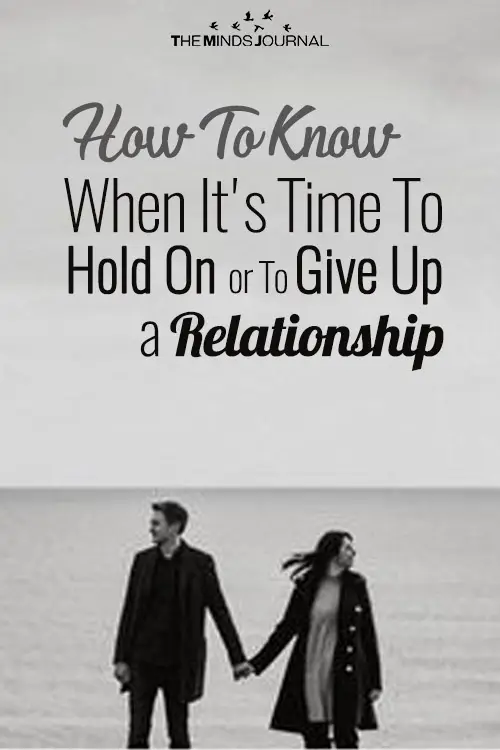
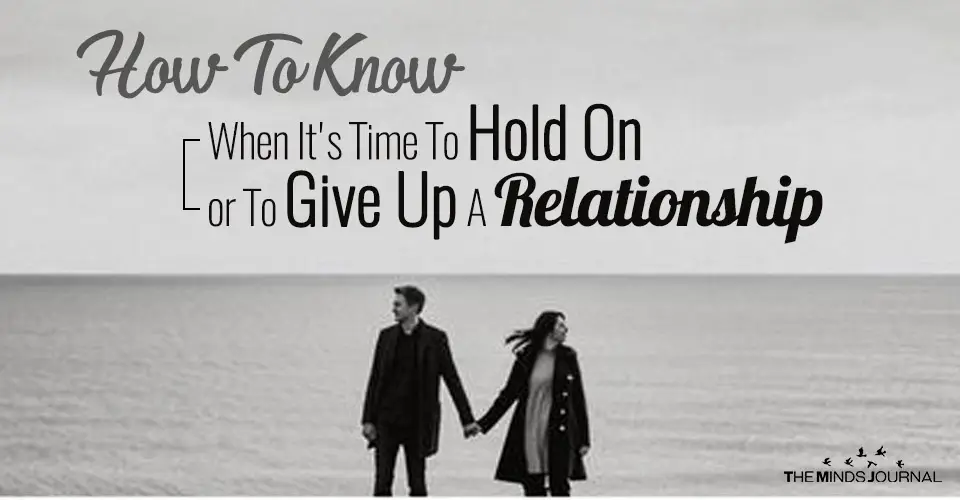
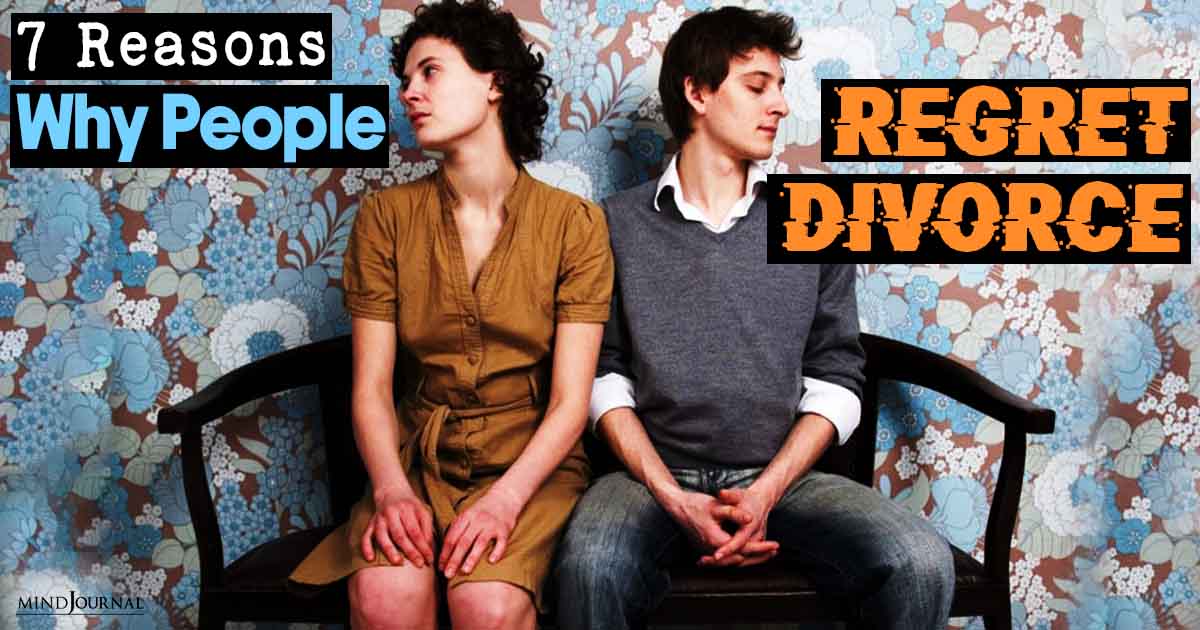

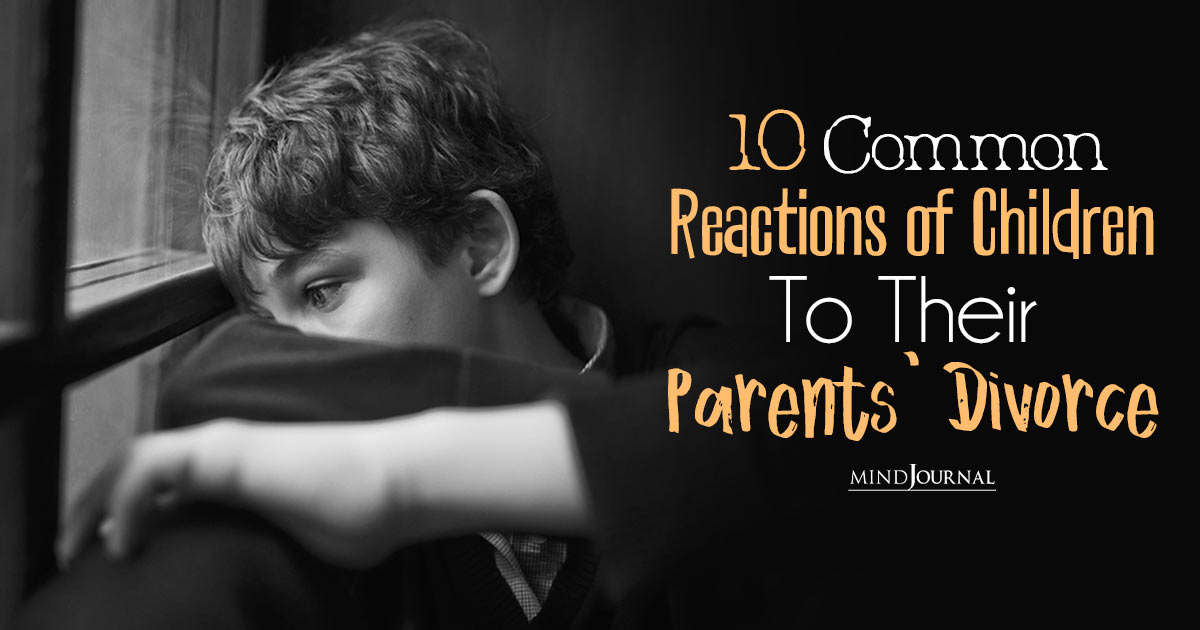


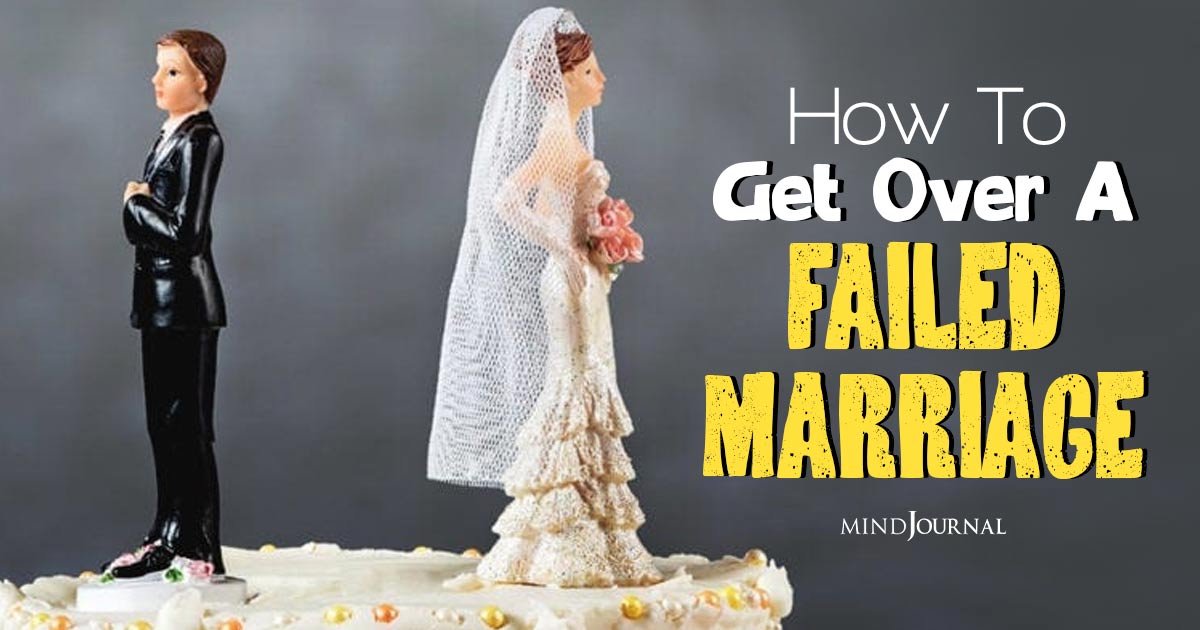
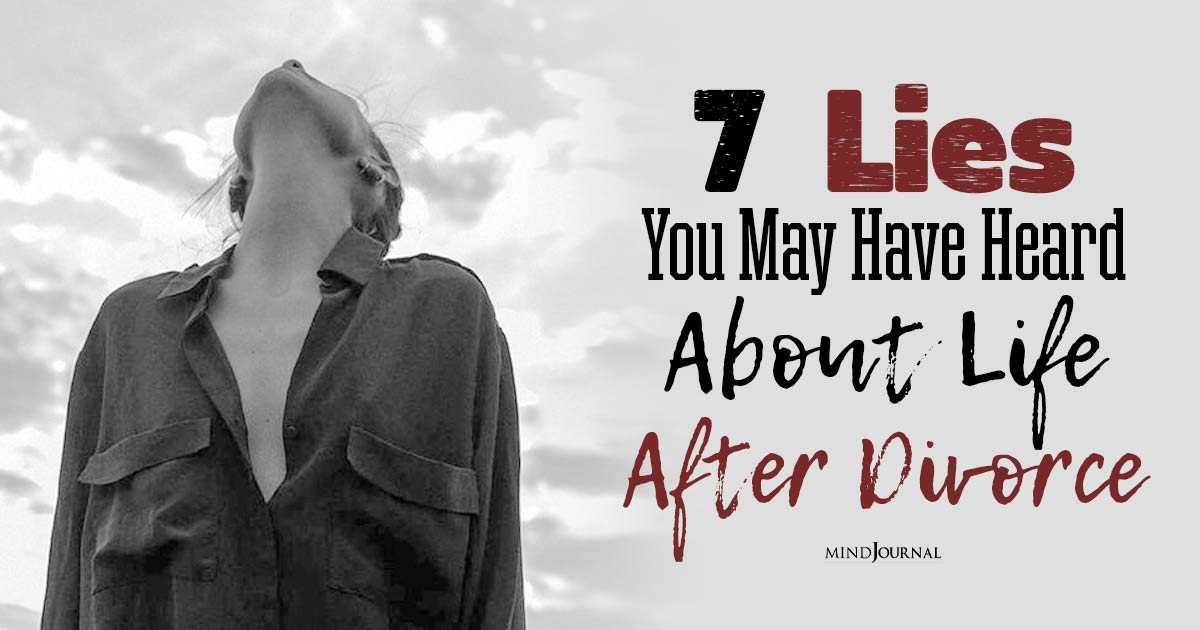
Leave a Reply
You must be logged in to post a comment.